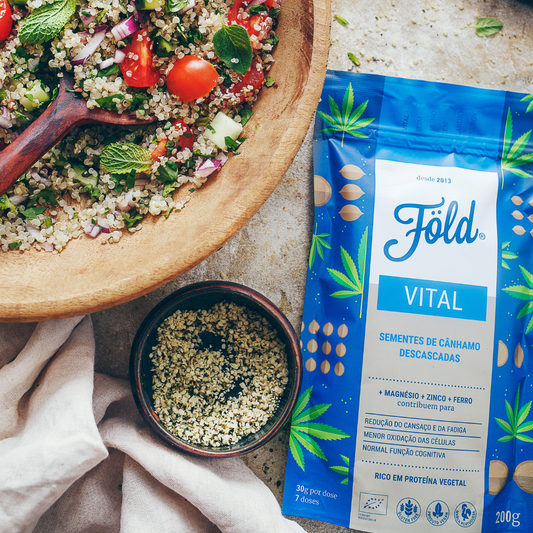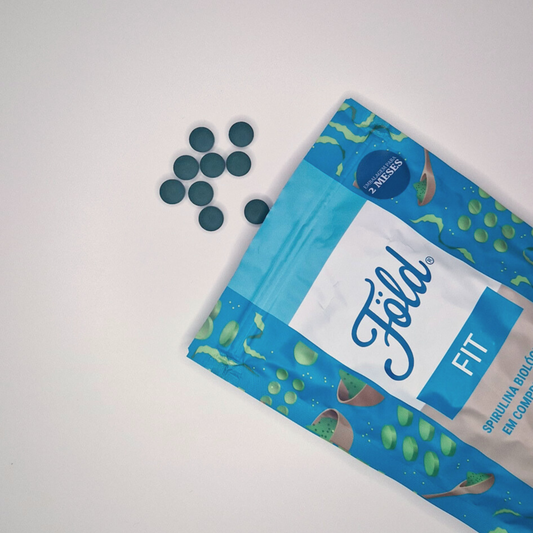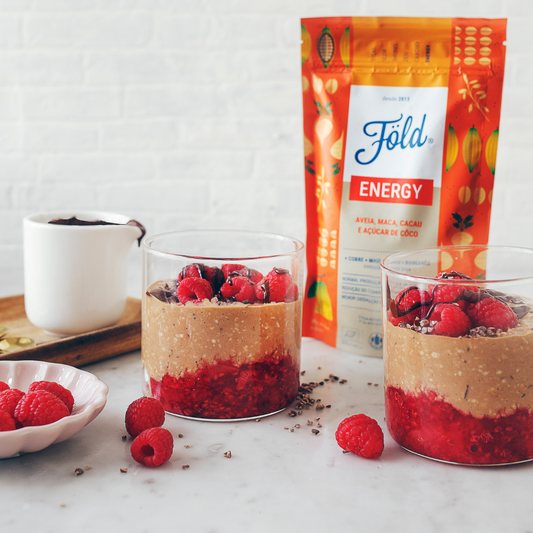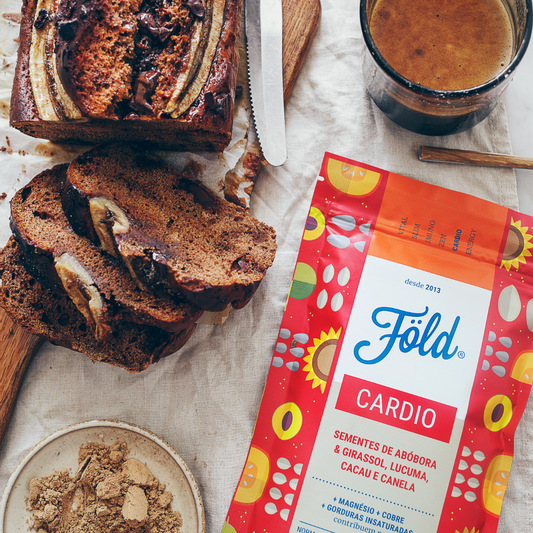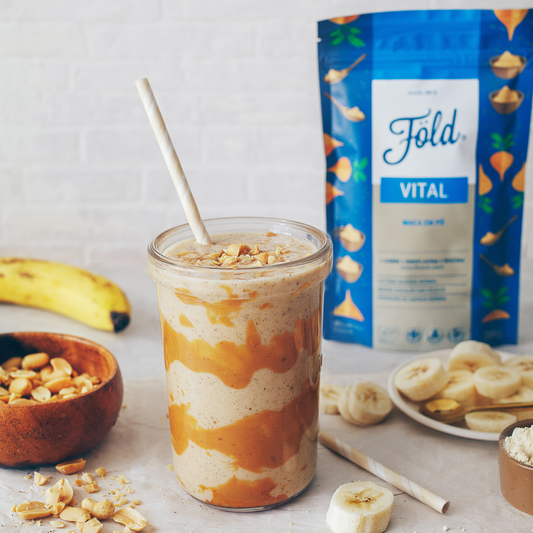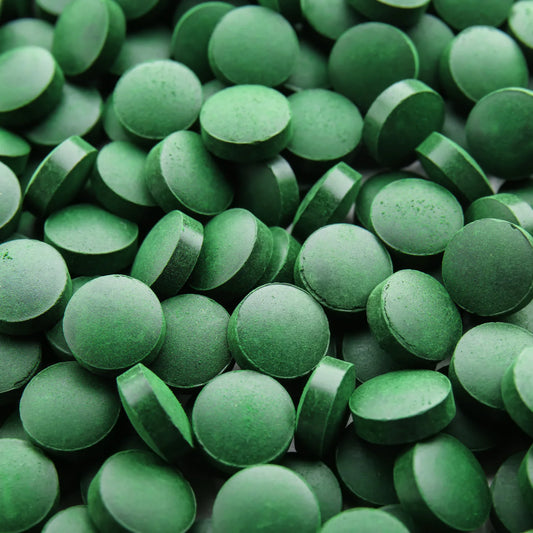We often hear about inflammation in the body and foods or supplements with anti-inflammatory properties. But do we all know what it means?
Pathogens and the Inflammatory Response
The term "inflammation of the body" refers to a complex biological process that occurs in response to injuries, infections, irritations or other types of harmful stimuli. Inflammation is a fundamental part of our body's immune response and plays a crucial role in defending against pathogens (bacteria, viruses, fungi or parasites), eliminating cells that may be damaged in some way and promoting healing.
Acute vs. Inflammation Chronicle
When an injury or infection occurs, cells of the immune system release chemical substances, such as cytokines and prostaglandins, which mobilize other inflammatory cells to head to the affected area. This process can lead to some common symptoms of inflammation, such as redness, swelling, heat and pain.
However, sometimes the immune system can become dysregulated, leading to chronic or systemic inflammation. Chronic inflammation is associated with several health conditions, including autoimmune diseases, cardiovascular disease, type 2 diabetes and some forms of cancer.
Direct Influence of Food on Inflammation
1. Omega-3 Fatty Acids and Their Protective Role: Omega-3 fatty acids present in fatty fish (salmon, tuna, sardines) and hemp seeds are known to have anti-inflammatory properties, helping to modulate the inflammatory response and promote brain health.
2. Antioxidants and Free Radical Neutralization: Colorful fruits and vegetables, such as blueberries, broccoli and spinach, are rich in antioxidants (vitamins A, C, E) that fight free radicals, reducing inflammation and protecting against associated diseases.
3. Fibers and their role in the intestinal microbiota: A diet rich in fiber, such as that from oats, contributes to the health of the intestinal microbiota. Keeping the intestine healthy is associated with a lower propensity for inflammatory problems.
4. Adequate Hydration and Reduction of Inflammation: Water plays a key role in reducing inflammation. Staying well hydrated is essential for overall health.
Assessing Negative Impact:
1. Processed Foods and Inflammation: Excessive consumption of processed foods, rich in saturated fats, refined sugars and artificial ingredients, can contribute to chronic inflammatory processes.
2. The Importance of the Cooking Method: The way food is prepared is also crucial. Opting for healthier methods, such as baking instead of frying, can preserve nutritional properties and reduce inflammatory impact.
The Holistic Role of Food
Reviewing your diet as a whole is essential. Instead of focusing on single foods, it's crucial to take a varied and healthy approach. Furthermore, practicing regular physical activity and healthy lifestyle habits contribute to the adequate modulation of the immune system, preventing chronic inflammation.
Understanding the Complex Dynamics of Inflammation and Food
By understanding the interaction between diet and inflammation, we can make informed decisions to promote long-term health. A balanced and conscious diet not only helps prevent chronic inflammation, but also strengthens the body against various adverse conditions, contributing to a full and healthy life.
Föld Advise
A varied diet rich in functional foods is therefore essential to regulate this important function of our body. Adding Föld Cardio to this diet will have beneficial effects on this regulation, due to its concentration of antioxidants and fatty acids.



